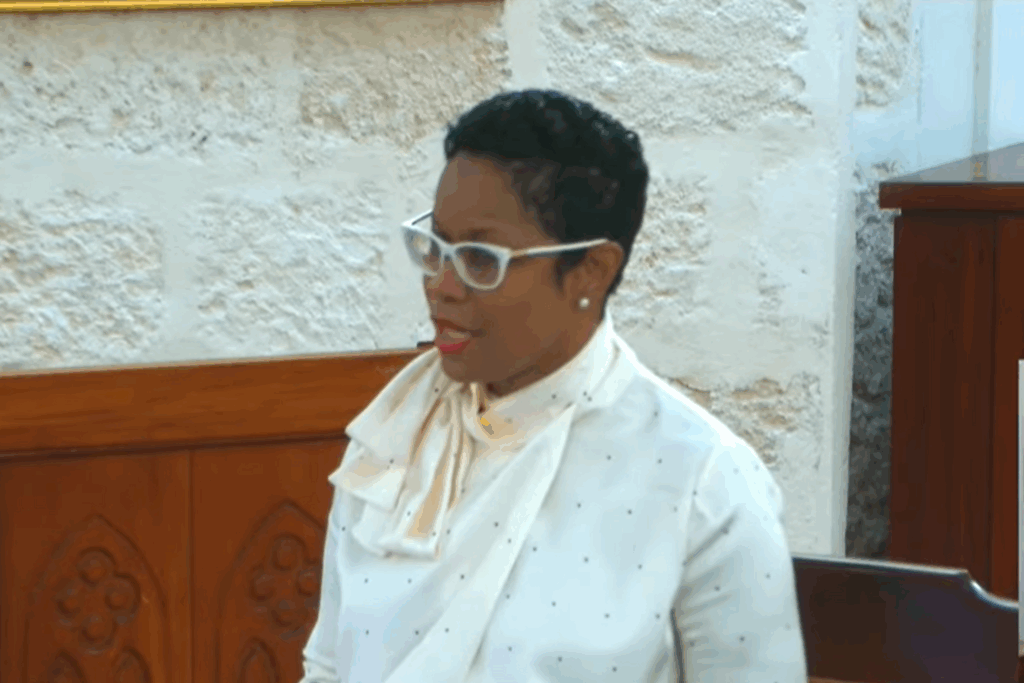A leading legislative drafter warned on Wednesday that the government’s proposed Protection of the Rights of Elderly Persons Bill risks being both unworkable and insufficiently protective, unless key issues around implementation, definitions, and state obligations are urgently addressed.
Speaking at a consultation on the Bill, Dr Carla Ali acknowledged the complexity of the legislative process and emphasised that “legislation could be intimidating”, but must ultimately serve those it is intended to protect.
Among the most pressing issues raised was the heavy administrative burden placed on the executive director of the new Social Empowerment Agency, who would be tasked with overseeing care plans, facility standards, inspections, emergency interventions, and regulatory enforcement.
“Maybe there’s a little too much for the executive director to do, especially when it comes to the care plans,” Dr Ali warned. “Is it that the executive director has to do care plans for all residents? Is that going to be a little cumbersome? Should it be delegated—and how far should the delegation go down?”
There is also a risk of overlap between the roles of the executive director and the minister responsible for social services, particularly in relation to regulation and enforcement. “Where should it stop? Who should have what level of power?” she asked. Stakeholders were urged to consider whether this duplication could delay urgent interventions or blur lines of accountability.
The language of the bill also came under scrutiny, especially the use of the term “elderly”. Dr Ali, who originally titled the legislation Protection of the Rights of Older Persons, revealed that this was changed during internal revisions.
“I would have been more comfortable with the use of the word ‘older person’ because that is what your national policy on ageing says. That’s what the Inter-American Convention says. And as I understand, that is what the stakeholders prefer.”
Another area for refinement is the definition of “vulnerable adult”, which the current draft describes simply as “an adult who is in need of care and protection”. Dr Ali challenged this, pointing to Singapore’s legislation that ties vulnerability to conditions such as infirmity, disability, or incapacity. “Should our legislation reflect something like that?” she asked.
The Bill’s application of the state’s duty to provide accessible services also raised concern. A clause stating that the legislation “binds the state” suggests that government would be legally obliged to deliver services such as assistive devices and home-based care.
“We need to consider whether we want to hold the state to such a standard,” Dr Ali noted. “It’s always easier to say yes when you’re in good times and things are good.”
Questions were also raised about whether the bill goes far enough. While it addresses abuse, care standards and facility regulation, it does not explicitly protect property rights or tackle issues of inheritance fraud—matters Dr Ali suggested may warrant inclusion. “Do we want it to only speak to care and protection of older persons? What about protecting an older person’s right to property and inheritance?”
Dr Ali also expressed concern that some provisions may be too rigid or create delays. For example, residential facilities operating before the bill takes effect would be required to register within one year. While intended to ensure a smooth transition, it could cause temporary legal ambiguity for facilities and their residents.
The consultation ended with a strong call for public and sectoral engagement. “What do we want? How far do we want this legislation to go? What should be the scope?” Dr Ali asked. “It’s not enough to have a Bill—we need one that works.” (SZB)
The post Expert warns of gaps, overreach in proposed elderly rights bill appeared first on Barbados Today.


